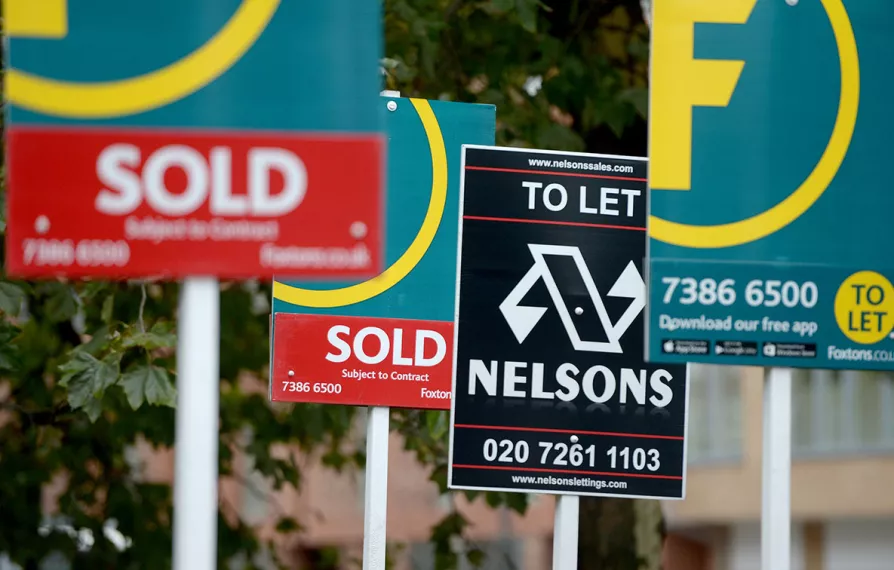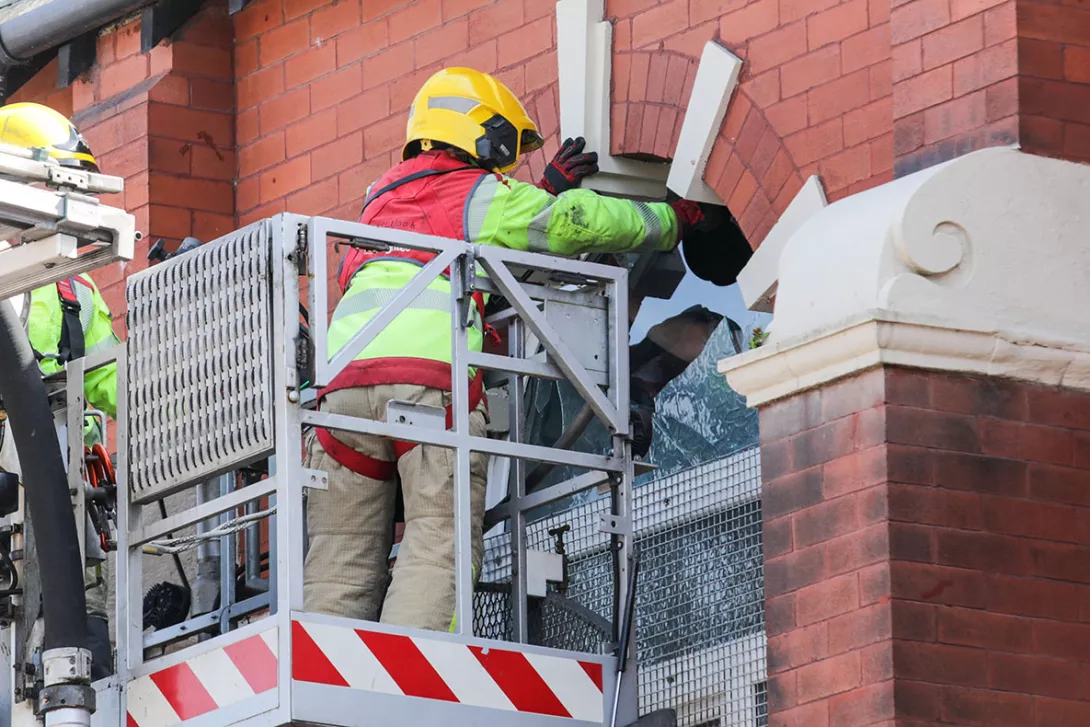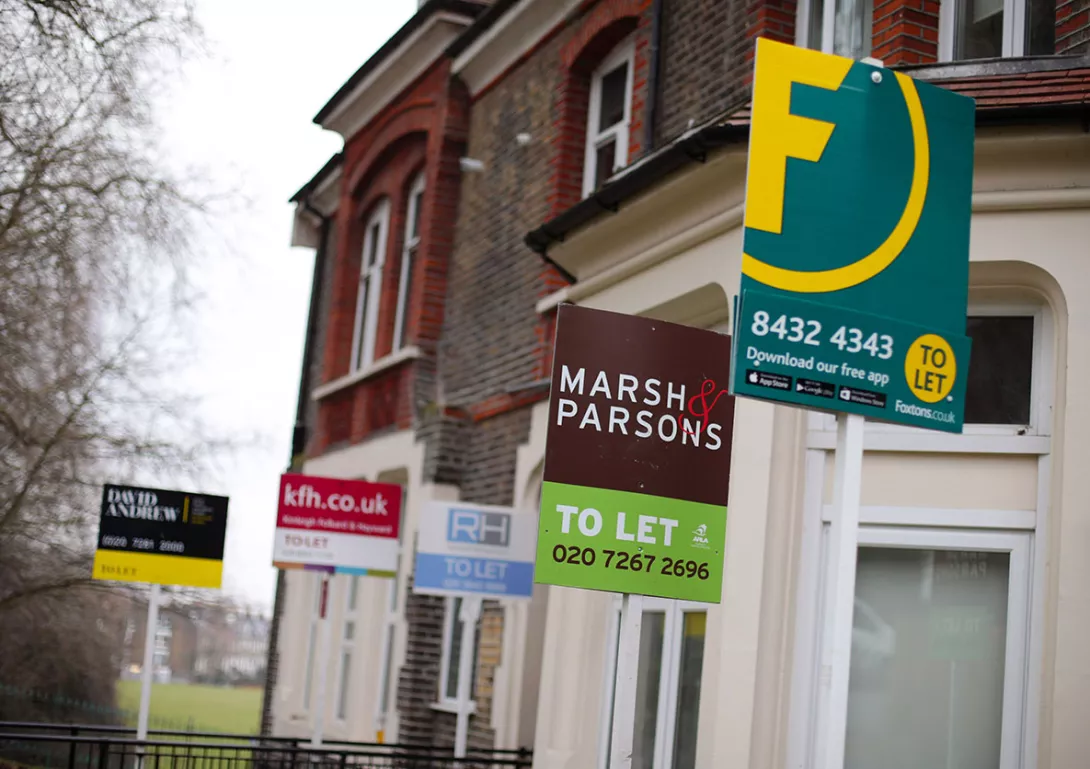Campaigners demand action as rents soar to record high

HOUSING campaigners called on the incoming government to slam the breaks on rising rents by introducing rent controls today.
According to property website Rightmove, the typical rent outside London reached a record high of £1,316 a month in May — 7 per cent higher than last year.
Although rent rises in London had slowed down from an outrageous annual growth of 18 per cent in 2022 to 4 per cent, average prices still stand at a staggering £2,652 per month.
More from this author
Similar stories

















